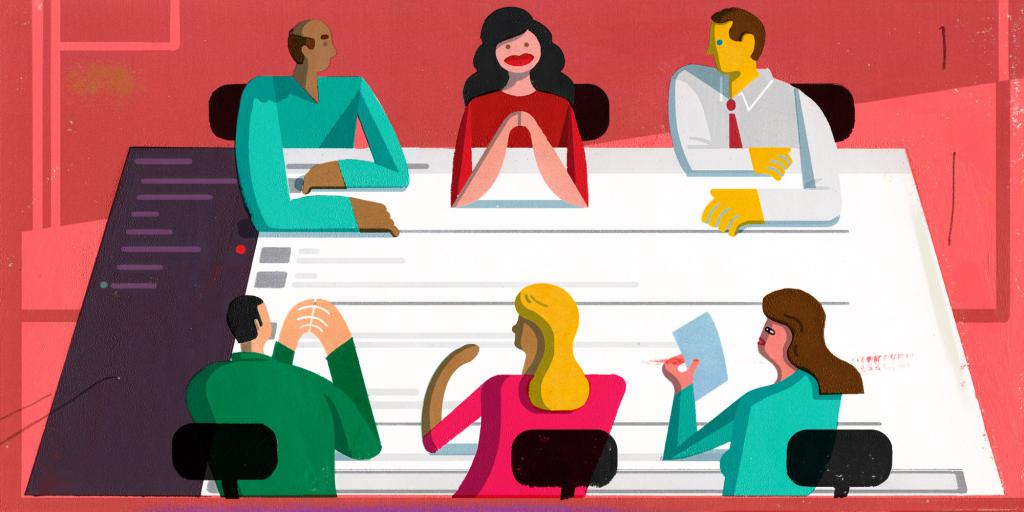Russia is a democratic state of law. This means that the only source of power and bearer of sovereignty in the country is the people. Agreed demonstrations, rallies, marches and meetings of citizens are allowed. Our material will describe in detail precisely the meetings and gatherings - the most important elements of any democratic system.
What is a popular assembly?
Russian citizens have the right to organize meetings to resolve some pressing issues. For example, residents of an apartment building, street, district, or village convene a civil meeting to discuss problems and look for ways to resolve them.
A fairly large number of people should come to the meeting. The required minimum is different everywhere. It is only known that small meetings acquire the functions of a representative body of local self-government, that is, pressing issues are resolved without taking into account the opinion of the population.
Legal framework for meetings
Citizens have a legal opportunity to meet and solve pressing problems. This is enshrined in Russian law, namely the Federal Law "On General Principles of Local Self-Government in Russia". The legislative framework is also constituted by regional acts, fixing the rules for organizing meetings within municipalities.

The procedure for convening civil assemblies is established by the charters of the regions. So, the charter of Moscow says that for the adoption of decisions on local affairs it is permissible to hold civil conferences and meetings. As a result, the city authorities of the Russian capital have a dual status. They are both municipal authorities and regional authorities. There is a legal gap, because articles 12 and 131 of the Russian Constitution speak about the inadmissibility of the entry of municipal bodies into the system of state power.
Legal holes in the legislation can have a negative impact on the organization of citizens ’meetings in the Russian Federation. Due to the illegally formed “double status” of municipalities, mistakes and problems often arise when people want to exercise their right to power. This is manifested, as a rule, in illegal refusals to organize meetings.
Who has the right to organize and conduct the meeting
About who exactly is able to organize public meetings is said in the local legislation of each subject of the Russian Federation. However, the provisions of regional laws should not contradict the Federal Law "On Local Self-Government" and the Federal Law "On Meetings, Meetings, etc.".

According to article 5 of the Law on rallies, the right to participate in gatherings and meetings belongs only to adult citizens. Some municipalities have a different age limit - 16 years. The meeting itself is competent if it is attended by a majority of citizens from an individual site — a district, house, street, etc. Decisions are made by a majority of the votes of those present.
The organizer of a public event is also required to be of legal age and legal capacity. He should not have an unexpunged criminal record. The law prohibits the organizer from belonging to any political party or public association. The meeting must be strictly regulated. All legal conditions imposed by the local administration must be observed.
Organization of the meeting
The convening of the meeting begins with the notification of the population and the formation of the agenda submitted for discussion. The meeting is opened by the head of the local municipality. If the meeting was organized by an initiative group, then its leader opens the meeting.From the same group, a chairman and a secretary are elected.

The entire course of the meeting should be recorded in a special protocol. It indicates the date and place of the meeting. The number of citizens entitled to participate in the meeting is recorded. The voting results and the adopted decisions of the meeting of citizens shall be recorded. The protocol is signed by the secretary and the chairman, after which it is transmitted to the local government.
Competence of the meeting
What functions are performed by meeting participants? Firstly, this is a discussion of the issues of life of the local municipality and a single territory. It is necessary to discuss the projects of local governments, make changes and amendments to them. Secondly, the meeting initiates the proposals of individual institutions, organizations and officials. Messages and reports on the service of deputies, as well as employees of the local administration, are considered.

The issues of voluntary acceptance by residents of social responsibilities for participating in the improvement, maintaining order, maintaining the housing stock, environmental supervision, etc. must be resolved. Territorial self-government bodies are created and elected, charters are developed, their financial structure is planned. Finally, questions of voluntary donations and contributions of citizens for public needs play an important role.
Gathering
The law on citizens ’assemblies in the Russian Federation contains the concept of" national assembly. " This phenomenon is somewhat different from the meeting, but having a common structure with it. The gathering is also a form of direct civic expression for solving local problems. However, it is held in settlements with the number of capable residents of not more than 100 people.

A gathering is considered legal and competent only if at least half of the residents have exercised their right to a civil assembly. The gathering exercises the powers of the representative body of the local municipality. In small settlements there is no sense in its creation, and therefore the gathering entirely assumes its functions.
The initiative group for convening a meeting should not include less than 10 people. The entire event is provided by the head of the local administration. The meeting addresses the following issues:
- formation, approval and execution of the local budget;
- disposal of municipal property;
- the establishment of taxes and fees;
- maintenance of transport and technical facilities;
- organization of electricity, heat, water and gas;
- providing citizens with communication services.
The gathering of citizens is a vivid example of the direct participation of the population in resolving important issues.
The role of gatherings and meetings
The people should take an active part in the implementation of state power. Local government with its elements in the form of gatherings and meetings is an excellent way to participate in the work of the state.

We must not forget that it is self-government that is the guarantor of the democratic system in any state. The independence of the people and their dependence only on laws contributes to the development of the state in democratic, social and legal directions.
